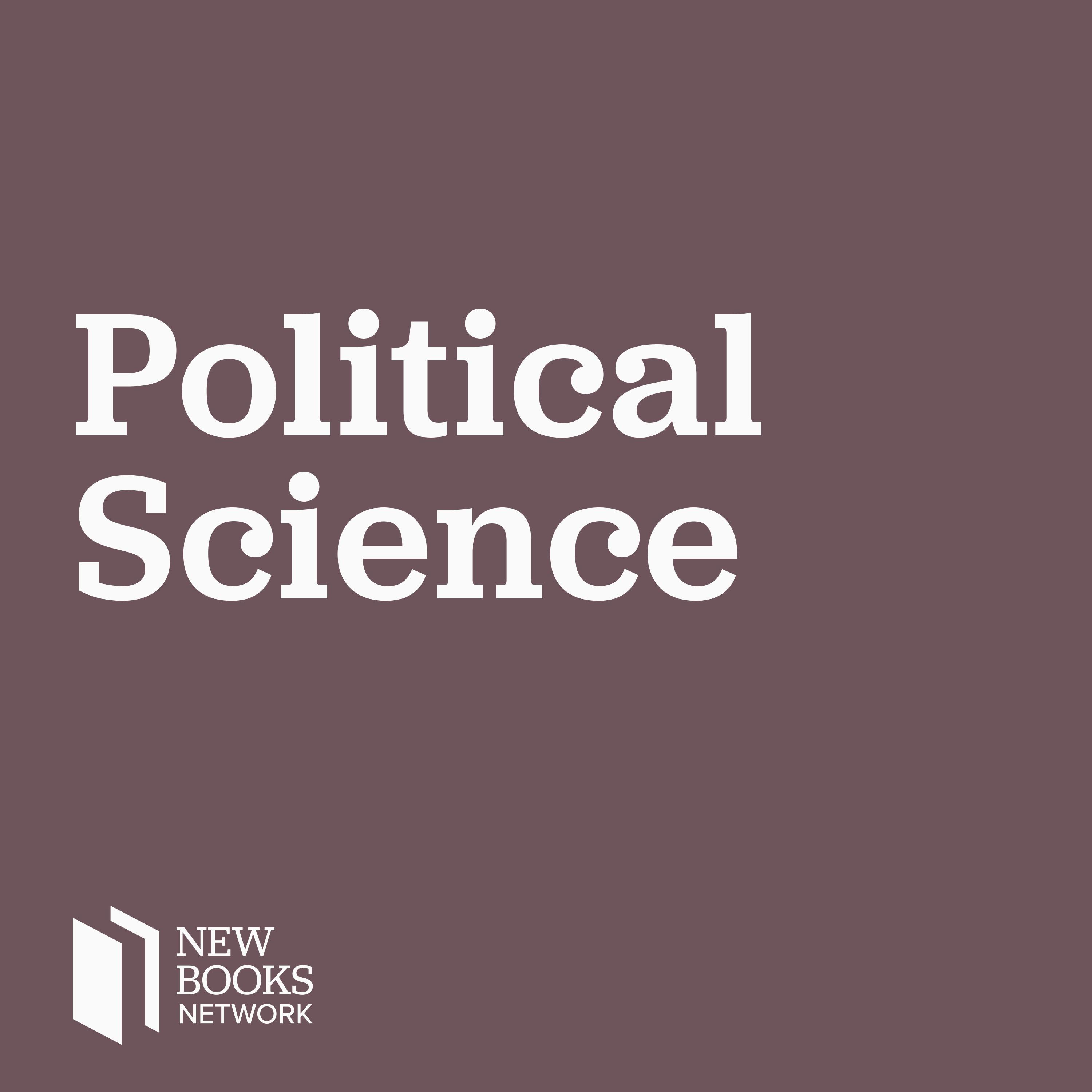Eric Hoffer's "The True Believer: Thoughts on the Nature of Mass Movements" (1951)
Description
A stevedore on the San Francisco docks in the 1940s, who eventually taught at the University of California at Berkeley, Eric Hoffer wrote philosophical treatises in his spare time while living in the railroad yards. The True Believer: Thoughts on the Nature of Mass Movements—the first and most famous of his books—was made into a bestseller when President Eisenhower cited it during one of the earliest television press conferences.
Called a “brilliant and original inquiry” and “a genuine contribution to our social thought” by Arthur Schlesinger, Jr., this landmark in the field of social psychology is completely relevant and essential for understanding the world today. It delivers a visionary, highly provocative look into the mind of the fanatic and a penetrating study of how an individual becomes one.
When it was first published in 1951. the New Yorker wrote, “Its theme is political fanaticism, with which it deals severely and brilliantly.” The Wall Street Journal agreed, calling The True Believer the famous bestseller with “concise insight into what drives the mind of the fanatic and the dynamics of a mass movement” by the legendary San Francisco longshoreman.
Learn more about your ad choices. Visit megaphone.fm/adchoices
Support our show by becoming a premium member! https://newbooksnetwork.supportingcast.fm/political-science
More Episodes
Nationalism has long been a normatively and empirically contested concept, associated with democratic revolutions and public goods provision, but also with xenophobia, genocide, and wars. Moving beyond facile distinctions between 'good' and 'bad' nationalisms, Varieties of Nationalism:...
Published 05/04/24
This week, RBI Director John Torpey speaks with Amos Goldberg, Professor of Holocaust History at the Department of Jewish History and Contemporary Jewry at the Hebrew University of Jerusalem, about the ongoing war between Israel and Hamas. Among other rhetorical aspects of the conflict, Goldberg...
Published 05/01/24
When we think of censorship, our minds might turn to state agencies exercising power to silence dissent. However, contemporary concerns about censorship arise in contexts where non-state actors suppress expression and communication. There are subtle and not-so-subtle forms of interference that...
Published 05/01/24


